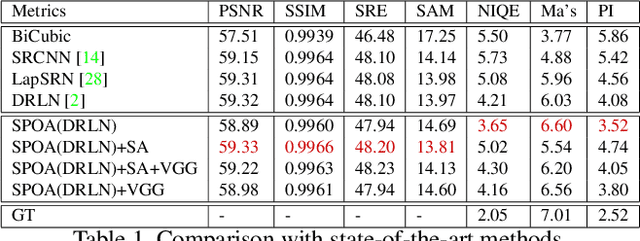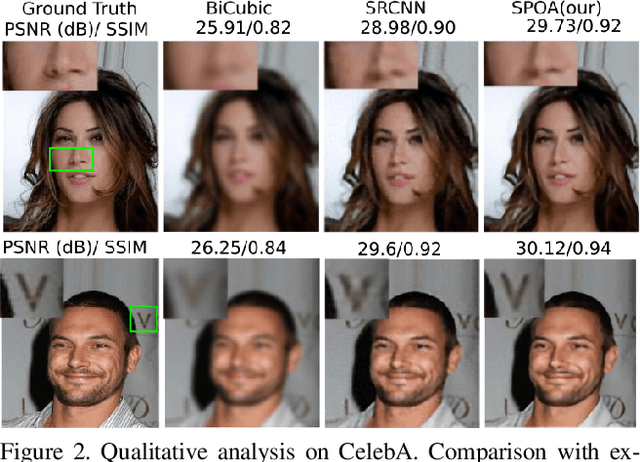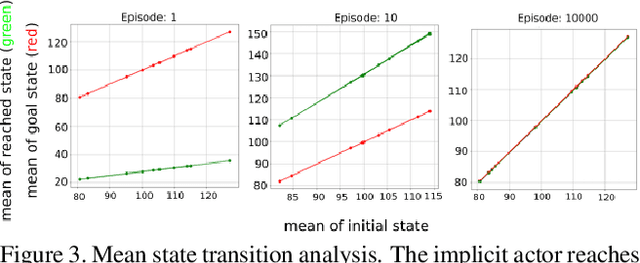Monte-Carlo Siamese Policy on Actor for Satellite Image Super Resolution
Paper and Code
Apr 08, 2020



In the past few years supervised and adversarial learning have been widely adopted in various complex computer vision tasks. It seems natural to wonder whether another branch of artificial intelligence, commonly known as Reinforcement Learning (RL) can benefit such complex vision tasks. In this study, we explore the plausible usage of RL in super resolution of remote sensing imagery. Guided by recent advances in super resolution, we propose a theoretical framework that leverages the benefits of supervised and reinforcement learning. We argue that a straightforward implementation of RL is not adequate to address ill-posed super resolution as the action variables are not fully known. To tackle this issue, we propose to parameterize action variables by matrices, and train our policy network using Monte-Carlo sampling. We study the implications of parametric action space in a model-free environment from theoretical and empirical perspective. Furthermore, we analyze the quantitative and qualitative results on both remote sensing and non-remote sensing datasets. Based on our experiments, we report considerable improvement over state-of-the-art methods by encapsulating supervised models in a reinforcement learning framework.
 Add to Chrome
Add to Chrome Add to Firefox
Add to Firefox Add to Edge
Add to Edge